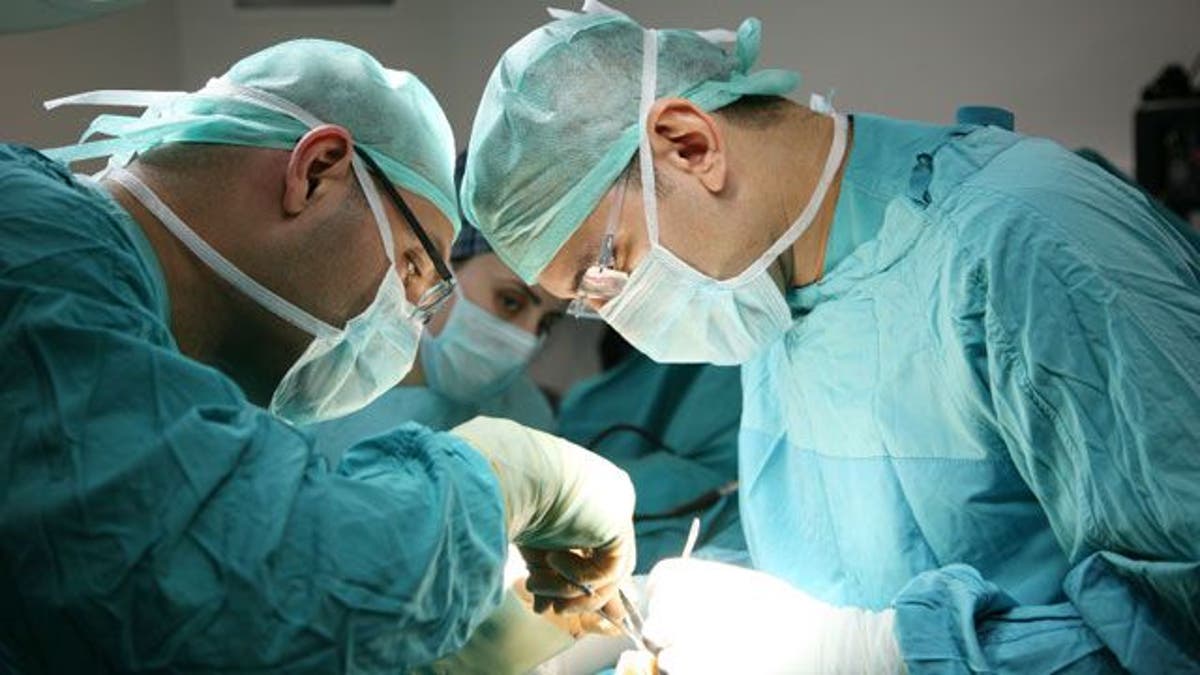
A new technique may help preserve transplantable organs for days, Nature World News reported.
The ‘supercooling’ method of preserving transplant organs was developed by researchers at Massachusetts General Hospital (MGH) in Boston, to help decrease the cost of organ transplants and increase the number of successful organ matches.
In a study published in the journal Nature Medicine, the researchers tested the four-step technique on rat models, pumping their organs with nutrients and oxygen, and then cooling them to below the freezing point. Freezing the organs helps reduce damage in the cells of the organ, which begin to die as soon as they leave the body. Currently, most transplant organs can survive outside the body for only five to 24 hours.
For the experiment, the rats underwent liver transplants; some received livers that had undergone supercooling, while others received organs preserved by traditional ice-cooling methods. Overall, rats that received the supercooled organs lived longer post-transplant, compared to rats that received the ice-cooled organs.
Moving forward, the researchers plan to see if their technique can effectively preserve a human liver.
"The next step will be to conduct similar studies in larger animals," study author Rosemarie Hunziker, of the National Institute of Biomedical Imaging and Bioengineering, said in a press release. "It is exciting to see such an achievement in small animals, by recombining and optimizing existing technology. The main point here is that using all of these approaches at once was what led to success."
